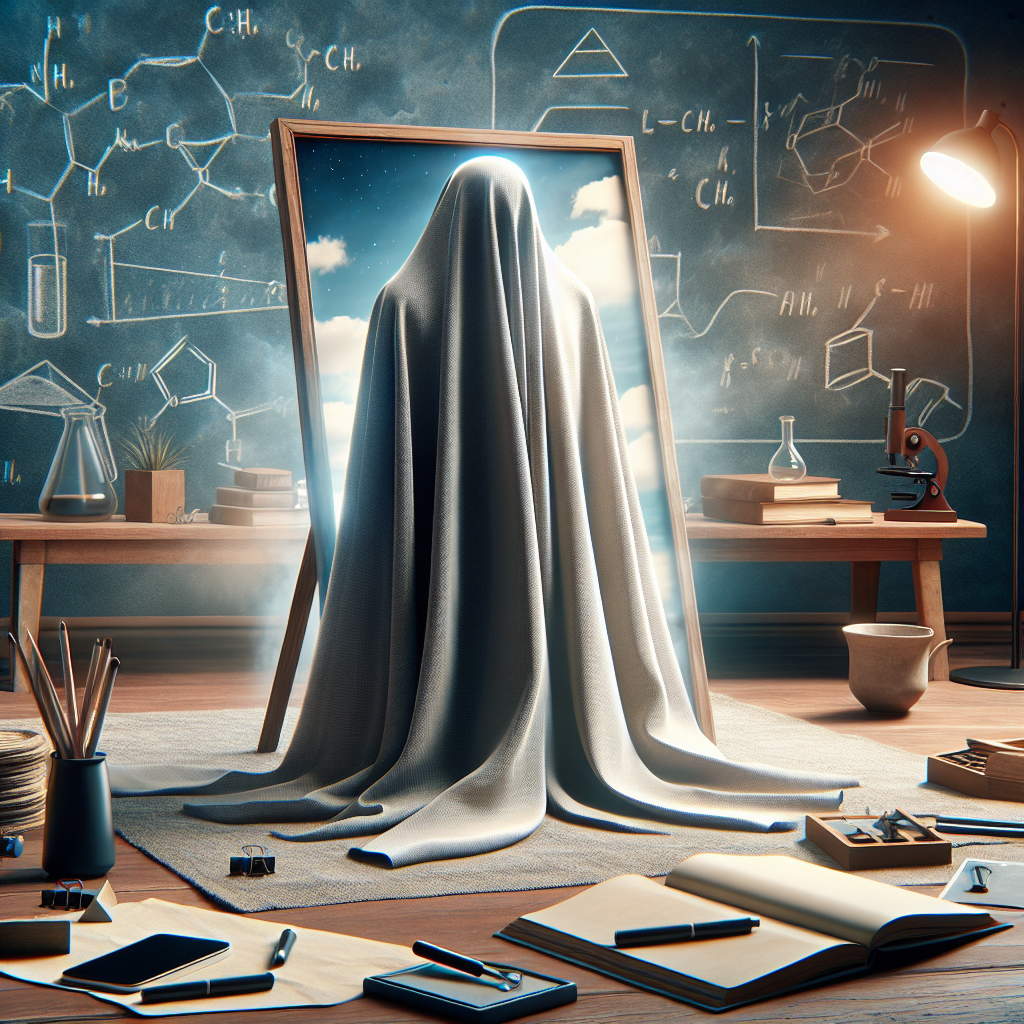Cancer is one of the leading causes of death in humans, affecting millions every year. So here’s a mystery: Why don’t animals like elephants or whales — with far more cells than us — get cancer nearly as often?
It’s not just random luck. This scientific puzzle is called Peto’s Paradox, and understanding it could unlock new ways to prevent cancer in humans.
What Is Peto’s Paradox?
Named after epidemiologist Richard Peto, the paradox observes that larger animals with more cells do not have higher cancer rates than smaller animals — even though they theoretically should.
For example:
- Mice live ~2 years and have high cancer rates.
- Elephants live ~70 years, have 100x more cells, but much lower cancer rates.
This defies expectations — more cells mean more chances for mutations, right? So why doesn’t that happen?
🔗 Also read: Can Humans Ever Live Without Sleep?
The Elephant’s Genetic Superpower
In 2015, scientists discovered that elephants have 20 copies of a cancer-suppressing gene called TP53, while humans have only one.
This gene acts like a DNA repair master and can trigger cell death (apoptosis) if DNA damage is too severe — preventing that cell from becoming cancerous.
📘 Smithsonian: Why Elephants Rarely Get Cancer (external)
Naked Mole Rats: The Underground Cancer Fighters
Another oddball is the naked mole rat. These rodents live in dark tunnels for over 30 years — and almost never get cancer. Why?
They produce a unique sugary substance called hyaluronan, which helps prevent overcrowding of cells — reducing mutation chances.
Their cells also undergo early contact inhibition, a mechanism that halts cell growth before it becomes uncontrollable.
Whales: Giants with Built-In Protection
Whales, like blue whales, are among the largest creatures on Earth. Yet they show astonishingly low cancer rates.
While research is ongoing, scientists believe their longevity and size result from:
- Enhanced tumor-suppressor genes
- Cell cycle checkpoints
- Slow cell division rates, giving cells more time to self-repair
What This Means for Human Cancer Research
Studying these animals may help scientists develop better cancer therapies for humans. Some biotech companies are exploring ways to mimic elephant and mole rat genetics to enhance human resistance to cancer.
🔗 Curious about future possibilities? Read: Could We Ever Create Artificial Life?
Are Humans the Exception?
Sadly, yes. Humans evolved for rapid reproduction, not long-term cellular maintenance. Our modern lifestyles — including poor diets, pollution, and stress — increase our mutation risk dramatically.
But hope lies in nature. Animals that resist cancer may hold the key to our longer, healthier future.
Final Thoughts
So, why do some animals never get cancer? The answer lies in their genetics, cellular mechanisms, and evolutionary strategies. Understanding these differences offers one of the most promising paths in modern cancer research.
As we continue decoding life at the cellular level, perhaps one day, the answer to cancer won’t come from a lab — but from nature itself.
Want more science mysteries decoded?




